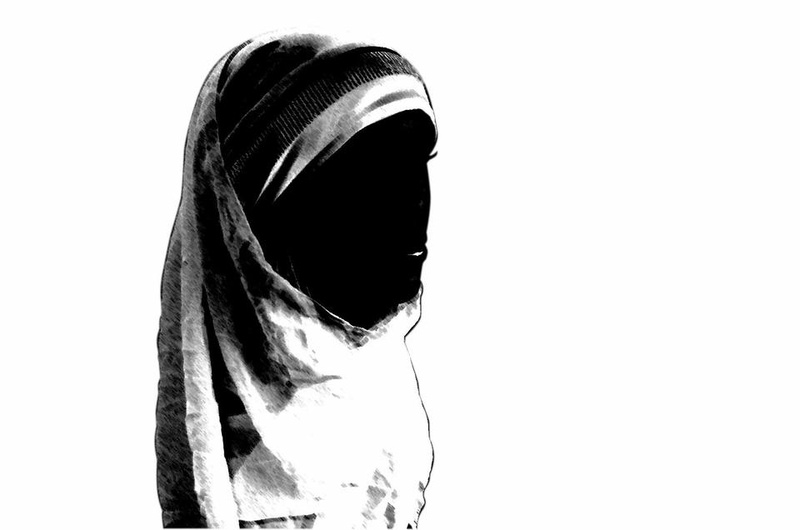Abdelnasser Rashid ’11-’12 was seated in class at an Islamic K-12 school in Chicago when the Twin Towers crumbled to the ground in 2001.Upon receiving the news, the school’s principal convened the middle and high school students in the cafeteria to explain that two planes had crashed into the iconic New York City towers and the Pentagon in Washington D.C.“I remember he said, ‘There are people who say Muslims might have done this. You need to be very careful out there,’” Rashid said. “I was 12 years old and I felt like I was being held responsible for what others had done.”
Following the attacks, a mosque across the street from his school was vandalized. A throng of protesters encircled the place of worship and defaced its exterior.
Ten years later, discrimination toward Muslims in America persists. For Muslims who have come of age in the years following 9/11, the events of that day set off a lifetime of discrimination and stigmatization, an experience that has been marked by selective screening procedures in airports and outright harassment.
“9/11 and its after-effects have been the most defining of my generation,” Rashid said. “Muslims have endured severe abuses of civil rights, which continue to be effectively compromised, even today.”
PULLED ASIDE AT THE AIRPORT
Efitan Akam ’12, vice president of the Harvard Islamic Society, was traveling back to the United States from Sudan in 2005 with her family members when they were pulled aside for a random search. As her parents do not share the same last name, they travelled as two different parties, but that did nothing to prevent every member of the family for being selected for a so-called special screening.
Their carry-on luggage was picked through, and Akam’s headscarf was patted down while her family was interrogated about their business in Sudan. Despite being told the procedure would be brief, Akam ended up missing her flight.
“This was the first time I felt like we were being directly targeted,” Akam said. “I don’t have a problem with extra security measures, but this was pulled out under the guise of a random screening which inconvenienced my entire family.”
Although Muslims have faced various forms of discrimination, among the most familiar and most reported by Muslims is racial profiling at airports.
Like Akam, Rashid has also faced discrimination at airports, and says that his name—common in the Arab culture and Muslim world—has led to “many supposedly random security checks.”
In the immediate period following September 11, 2001, the American-Arab Anti-Discrimination Committee reported over 80 instances of discriminatory or illegal removal of individuals of perceived Arab descent or Muslim faith from airplanes. These instances do not include discrimination at security checkpoints but gives an indication of the widespread suspicions that Muslims faced following the attacks of 9/11.
Nura Sediqe, a graduate student at the Harvard Kennedy School, is a frequent traveler who says that she commonly encounters prejudice not only at security checkpoints, but in other parts of airports as well.
When paying a visit to a meditation room, an interfaith place of worship built in many airport terminals, before an international flight, a security guard began chasing after her shortly after she entered the room, demanding that she explain what she was doing.
She said she had come to pray. The security guard shrugged and left her alone.
Once on board airplanes, the experience is not much different from the scrutiny Muslims often face from airport officials. There, however, it is sideward glances and off-handed comments from passengers that remind Muslims that the legacy of 9/11 has coupled their faith and airborne terrorism in the minds of many Americans.
Read more in News
Embrace













